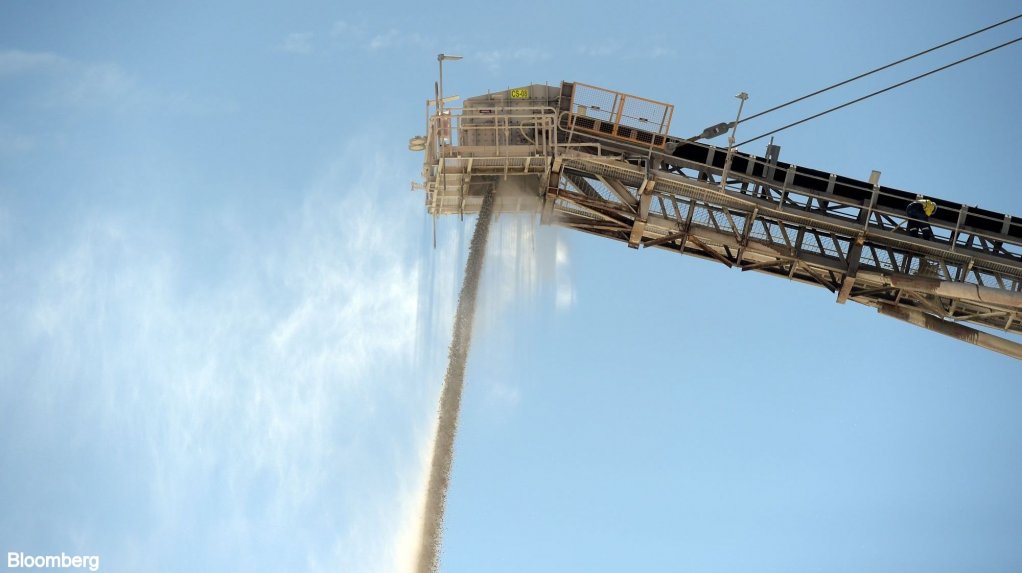
Europe should consider stockpiling key minerals as part of its plan to reduce its strategic dependency on critical raw materials from outside the bloc, a top Swedish official said.
The EU is looking at ways to faster develop green technologies as the US and China move to ratchet up production by providing massive subsidies at home. Having access to lithium, rare earth, and other crucial minerals is essential to producing windmills, solar panels or batteries.
“If we don’t have all of those critical minerals, we’re not going to be able to make the green transition,” Swedish Deputy Prime Minister in charge of Industry Ebba Busch said in an interview in Stockholm on Tuesday after meeting her EU peers. If not, “we will do it via other countries, putting the future of the EU’s green transition into the hands of one or a few countries outside the bloc,” she said.
The EU imports most of the critical minerals it uses from countries including China, Turkey, Brazil and Russia. Only a small fraction are extracted and produced in Europe.
The European Commission will present a European Critical Raw Material Act next month that is aimed at building up strategic reserves where supply is at risk.
Sweden, a mineral-rich country that holds the EU’s six-month rotating presidency, wants to prioritize the proposal as the global clean-tech race ramps up. But some member states have warned against national targets or even mandatory quotas to build up reserves.
Dutch Economy Minister Micky Adriaansens said the bloc should first have clear data about what critical minerals are needed in the supply chain before taking any decision to stockpile.
“We should focus more on diversification and recycling possibilities of critical raw materials: That should be our priority,” Adriaansens said in an interview after the meeting in Stockholm.
As part of its strategy to reduce dependency, the EU is looking at expanding its network of mineral suppliers via trade deals with countries including Australia. Negotiations with Canberra are expected to wrap up by end-June when Sweden’s EU presidency concludes.
Busch said that closer ties with Australia’s mining sector would be “very positive.” She added: “I definitely see this is one part where we could collaborate as well and complement each other.”
But the Swedish minister also called for exploiting more the mineral resources on EU soil to ensure the bloc achieves its green targets and in spite of environmental concerns over the impact of some mining activities.
“There is a conflict of interest here, but if we don’t reach our climate goals, we won’t have any environment to take care of at all,” she said.


